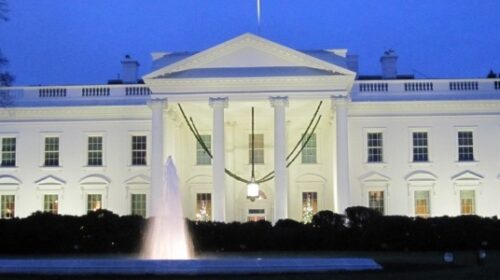A bill designed to limit the Department of Energy’s ability to withdraw crude oil from the nation’s Strategic Petroleum reserve has passed the House, although U.S. President Biden promised previously to veto it.
U.S. representatives in the House voted to pass the bill known as The Strategic Response Act, H.R. 21, in a vote 221 to 205, gaining the support of a single Democratic lawmaker. The bill will now go to the Democrat-led Senate, where its passage will be much less certain. If it passes both houses—and isn’t vetoed by the President, the bill would mean that in order to tap the nation’s crude oil stockpiles, the U.S. energy secretary would need to come up with a plan to increase oil and gas leasing on federal lands—including leases on the Outer Continental Shelf.
“We would like to curtail use of the SPR for only those situations where there’s a severe supply interruption,” a Republican aide to the House Committee on Energy and Commerce said.
Those requirements laid out by the bill wouldn’t apply to the Energy Secretary in the event of an emergency, such as a natural disaster that cut into the production of crude oil.
President Biden’s plan—which has since been fulfilled—to sell 180 million barrels of crude oil from the nation’s strategic reserves drew sharp criticism from the industry and Republican lawmakers. The SPR now has the least amount of crude oil since 1983.
Earlier this week, unnamed Energy Intelligence sources claimed that the White House could cancel a 26-million-barrel scheduled sale of crude oil from the SPR this year. The barrels were due to be sold from the SPR prior to September as part of a Congressionally mandated sale.






